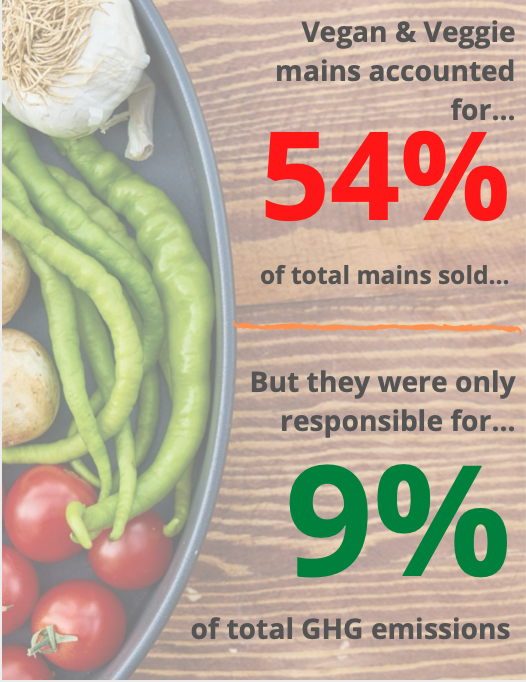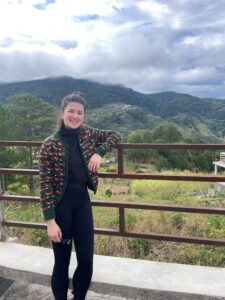University of Oxford
11a Mansfield Rd
OX1 3SZ
UK

What would the world be, once bereft
Of wet and of wildness? Let them be left,
O let them be left, wildness and wet;
Long live the weeds and the wilderness yet.
This is the final stanza of one of my favourite poems, ‘Inversnaid’, by Gerard Manley Hopkins. I love the way the words roll off the tongue and am impressed by the prescience of Hopkins’ vision and the importance he placed on preserving the natural world when writing the poem in 1881.
As a Biology student, I am passionate about the importance of conservation and supporting biodiversity. This summer, I was able to contribute to research that I hope will go some way towards protecting “the weeds and the wilderness”.
My internship with the Oxford Partnership for Operationalising the Conservation Hierarchy (OxPOCH) moved online as the world ground to a halt under the onslaught of coronavirus. Instead of the usual internship experience of team working and myriad new relationships, I sat in my bedroom in bucolic South Wales and became proficient in the dark arts of Microsoft Teams and Excel.
It’s estimated that production of food for human consumption results in 25% of total greenhouse gas emissions and uses 70% of the Earth’s freshwater supply. Given this shocking and unsustainable cost, I was eager to look further into the food production sector and to explore possible remedies with academics and stakeholders at Oxford University.
In an attempt to put my own house in order before embarking on plans to change the world, I produced a Handbook for my college: “A Guide to Understanding and Reducing the Environmental Impact of Food at St Hilda’s”. With two terms worth of sales data from St Hilda’s and databases from FoodDB, I estimated the environmental impacts of food consumption in the dining hall using five indicators: GHG emissions, water use, land use, eutrophication and terrestrial acidification. I listed opportunities for intervention that were specific to St Hilda’s current impacts and needs, using the Conservation Hierarchy as a framework – and was then able to quantify the potential benefits of these changes for the planet. I also included more general material, aiming to inform the reader about the ongoing destruction of nature and to reinforce the message of the importance of preserving biodiversity. Excitingly, as well as my work on the handbook I was able to contribute to a larger and more scientifically rigorous research paper (to be published early next year).

Excerpt of Niamh’s Handbook for St. Hilda’s College
There is a great disconnect nowadays between public perception and the reality behind the food that ends up on our plates, in terms of the physical journey, the exact composition of foods and the wider environmental impact of food production. In part, I wanted my time interning with OxPOCH to be dedicated to bridging some part of this gap, close to home. Raising awareness and education are the first, vital steps to changing behaviours and the need for such changes are urgent.
The background of the Coronavirus Pandemic is useful to shed some contextual light on the consequences of acting with disregard for the natural world, and the dangers of relentlessly exploiting nature as a means to our selfish ends.
Mr Hopkins and I are of one mind on the matter.
About the author
Niamh Gray is a second year studying for a Masters in Biology at the University of Oxford. She completed an internship with OxPOCH in summer 2020 where she contributed to a research paper on food consumption at Lady Margaret Hall and produced her own report on the environmental impacts of food consumption at St Hilda’s College.

